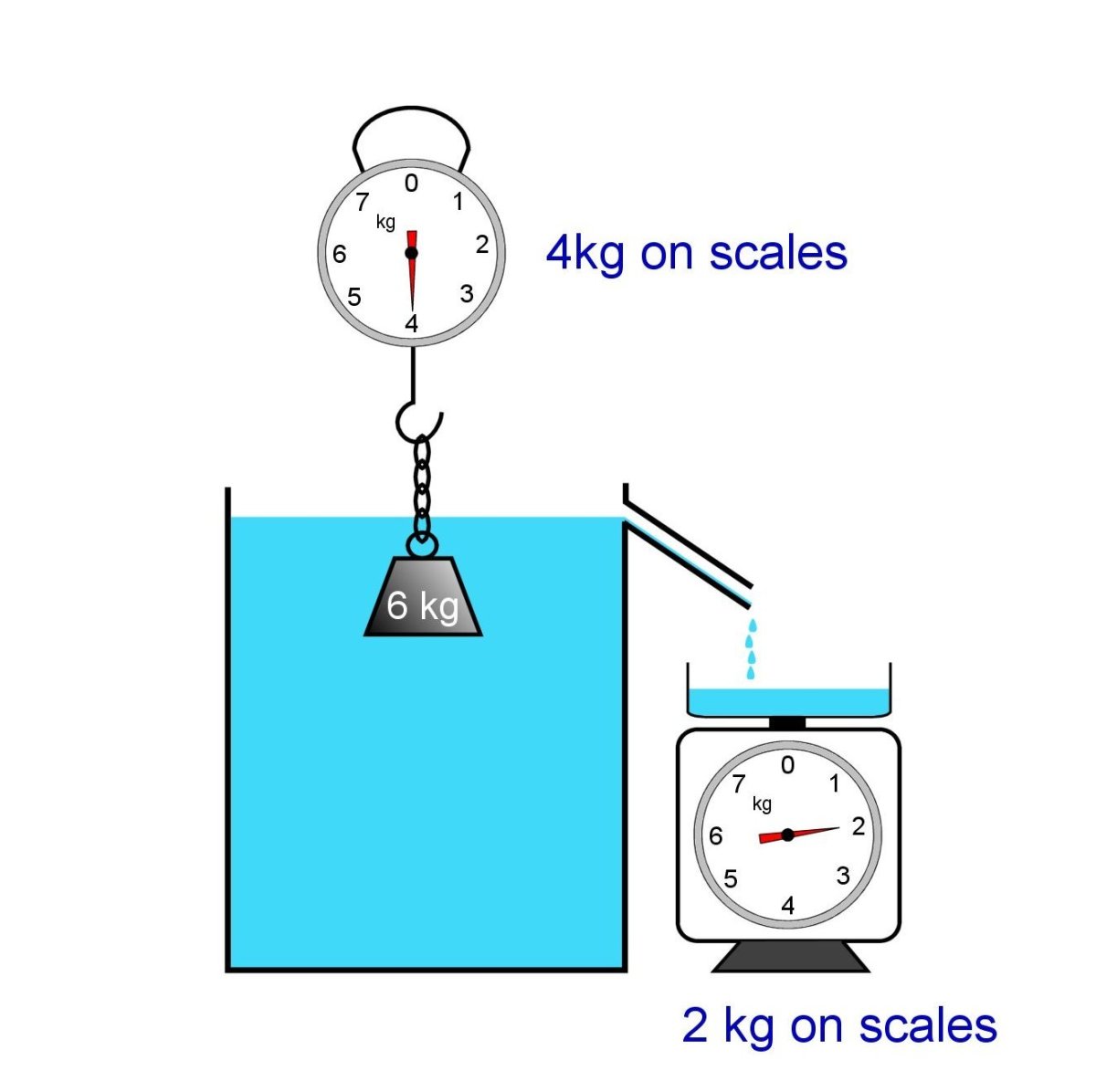
(a) An object submerged in a fluid experiences a buoyant force F B. Just how great is this buoyant force? To answer this question, think about what happens when a submerged object is removed from a fluid, as in Figure 3. Their difference is the buoyant force F B. This pressure and associated upward force on the bottom of the cylinder are greater than the downward force on the top of the cylinder. Pressure due to the weight of a fluid increases with depth since P=hρg. The buoyant force is the net upward force on any object in any fluid.įigure 2. The buoyant force is always present whether the object floats, sinks, or is suspended in a fluid. If the buoyant force equals the object’s weight, the object will remain suspended at that depth. If the buoyant force is less than the object’s weight, the object will sink. (See Figure 2.) If the buoyant force is greater than the object’s weight, the object will rise to the surface and float. There is a net upward, or buoyant forceon any object in any fluid. This means that the upward force on the bottom of an object in a fluid is greater than the downward force on the top of the object. (credit: Crystl)Īnswers to all these questions, and many others, are based on the fact that pressure increases with depth in a fluid. (credit: Allied Navy) (c) Helium-filled balloons tug upward on their strings, demonstrating air’s buoyant effect. (b) Submarines have adjustable density (ballast tanks) so that they may float or sink as desired. (a) Even objects that sink, like this anchor, are partly supported by water when submerged. Where does this buoyant force come from? Why is it that some things float and others do not? Do objects that sink get any support at all from the fluid? Is your body buoyed by the atmosphere, or are only helium balloons affected? (See Figure 1.) Figure 1. This is because you no longer have the buoyant support of the water. When you rise from lounging in a warm bath, your arms feel strangely heavy.


Understand the relationship between density and Archimedes’ principle.


 0 kommentar(er)
0 kommentar(er)
